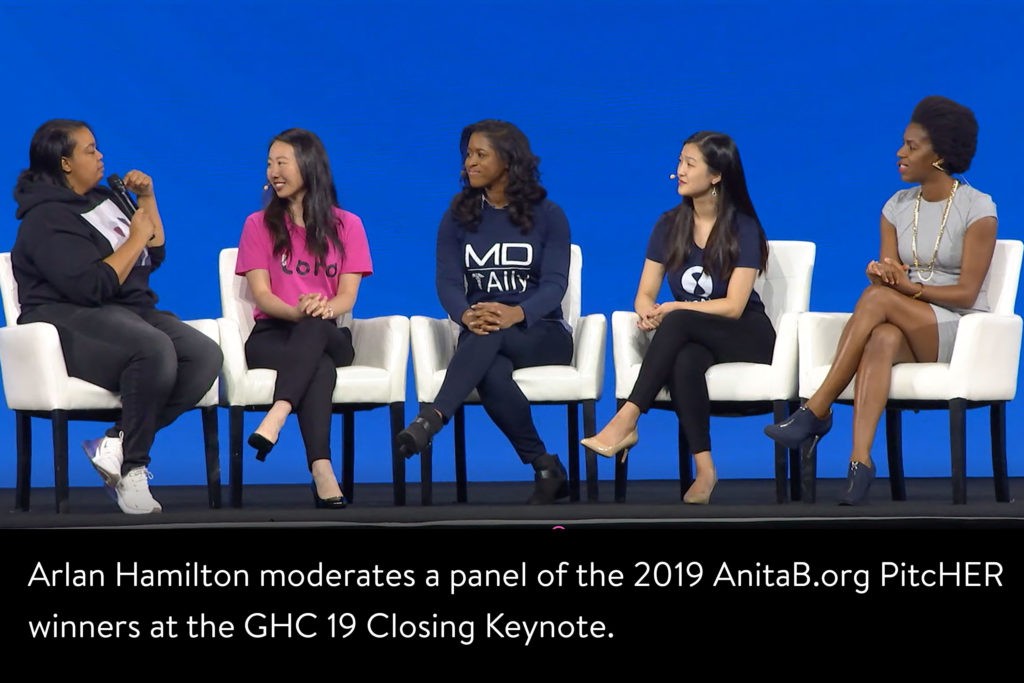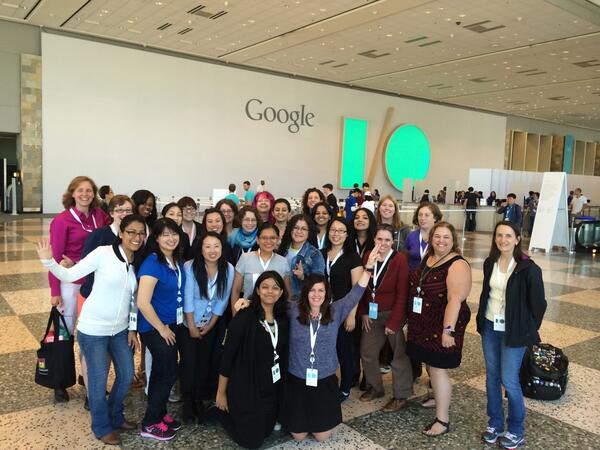Celebrating Systers: An Interview with Rose Robinson, Her Systers Keeper

Celebrating Systers: An Interview with Rose Robinson, Her Systers Keeper
Social Media Manager, Brianne Huntsman, sat down with Rose Robinson, Systers’ Keeper, to learn more about the program and its impact.
BH: What can you tell us about Systers?
RR: Systers is a community for women involved in all technical aspects of computing. Systers provides women technologists with a private space for discussing issues, getting insight about career opportunities, and collaborating with other Systers around the world.
Systers started in 1994 as an email list for members to post questions about applying for jobs, making career decisions and facing challenges. In order to join, potential members go through a review process. Today, we have over 4,000 members from more than 54 countries.
BH: Who are Systers?
RR: (Laughs). Can I say “everyone”? After Systers was founded, Anita Borg felt very strongly that there should be branches of Systers offering safe spaces for minorities in tech, which have evolved into a lot of our current sub-communities, Black Women in Computing, Latinas in Computing, LGBT, etc.
Systers are women in computing and IT which also includes those who are aspiring to be in computing and IT. Ranging from students, college professors, industry including entrepreneurs, government and military.
BH: Who can join Systers?
RR: You have to identify as a woman and be involved in the technical aspect of computing. This means you must be a technical woman or who is aspiring to be a technical woman. We receive lots of interests to join from recruiters, marketing and others, but we remain true to our community. There are other more open areas of AnitaB.org like LinkedIn and Facebook that offer a chance to connect with technical women, but Systers is strictly for technical women. Additionally, you must also agree to our conversation model which we have developed and grown over the years. You can apply here.
BH: Is Systers exclusively an online community?
RR: While a lot of it is online, that doesn’t necessarily mean we do not connect face-to-face. With Skype and Google Hangout, it makes it much easier to have face-to-face in a virtual setting, and still make strong connections.
We also have meetups and hold events. We connect at the Grace Hopper Celebration and other technical conferences. We geek out with local Systers whenever we can.
BH: Can you tell us about leading Systers? About the role of being “Systers Keeper”?
RR: As Systers Keeper, I am tasked with managing Systers, Pass It On Awards, Google Summer of Code, our blog outlets, social media and offering private help to members who are looking for resources, mentors, connections or just need someone to talk with. Managing a global community requires many hands. I couldn’t do it without the support of the community member volunteers. An online space with respect for confidential conversations is at the core of our community. Having such a global community means I have to be culturally aware of the range of different challenges Systers face. It’s like the saying, “with great power comes great responsibility.” I’ve had to develop a patience and openness to learning that I hadn’t originally expected. The good news is that I’ve grown personally and learned to lean on my Systers more, which helps us all to do better.
BH: Can you talk about the connection between Systers and GHC?
RR: Systers were at the inaugural Grace Hopper Celebration in Washington, D.C. since 1994. Systers have been instrumental in shaping the conference by participating as conference chairs, leading committees, presenting and volunteering. Systers brought open source to GHC in 2010 and held the first Codeathon for Humanity (with thanks to Robin Jeffries, Terri Oda, Jennifer Redman and many others). Our first open source project was Sahana Eden which is now a veteran organization who participates in GHC open source. Systers and sub-communities are very present at GHC and this year, the 20th anniversary is no exception.
BH: Can you tell us about the impact that Systers has?
RR: Because of the vibrant Systers community,we have tremendous impact. Systers has its own projects through Google Summer of Code, where Systers mentor students to solve real world problems using CS. We also have the Pass It On Awards, which provides monetary awards to women at any stage in their career to use for projects, job relocation, etc. The primary source of funding for Pass It On Awards is the Systers community. Systers also provides a private space to find confidants, resources for scholarships and grants for college, conferences and research, jobs, internships and volunteer opportunities, and mentorship. Essentially Systers gives women in tech an individual and collective voice on top of lifelong friendships.

